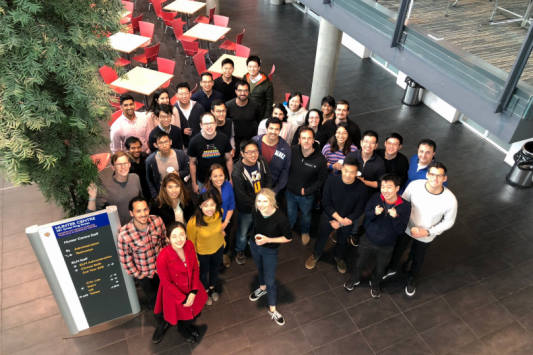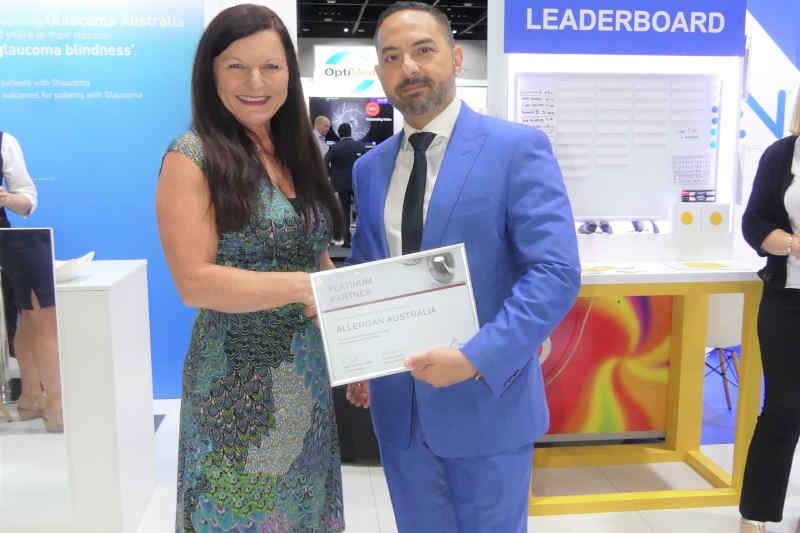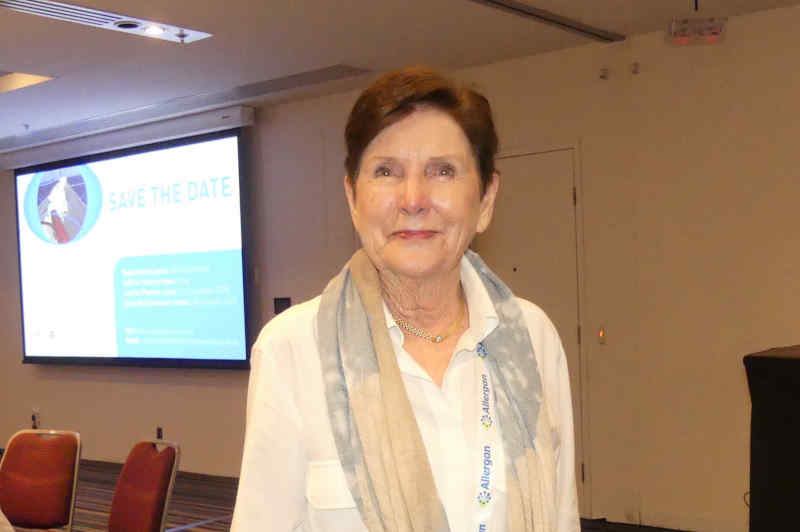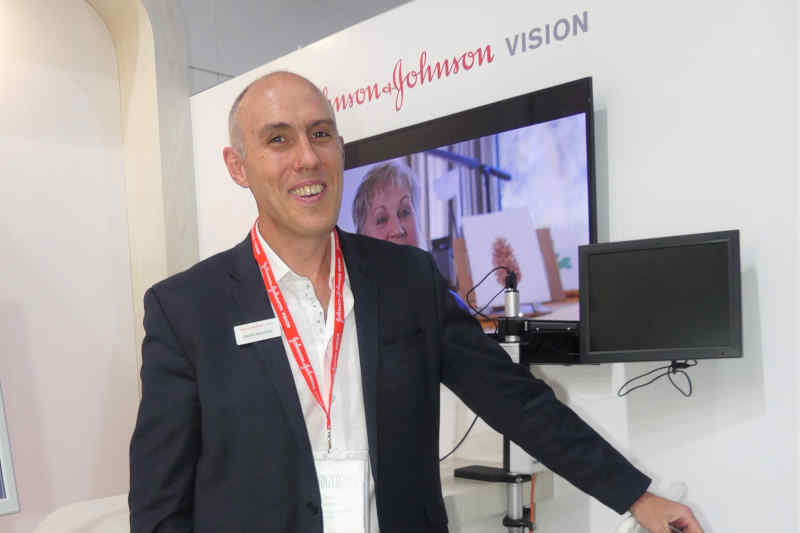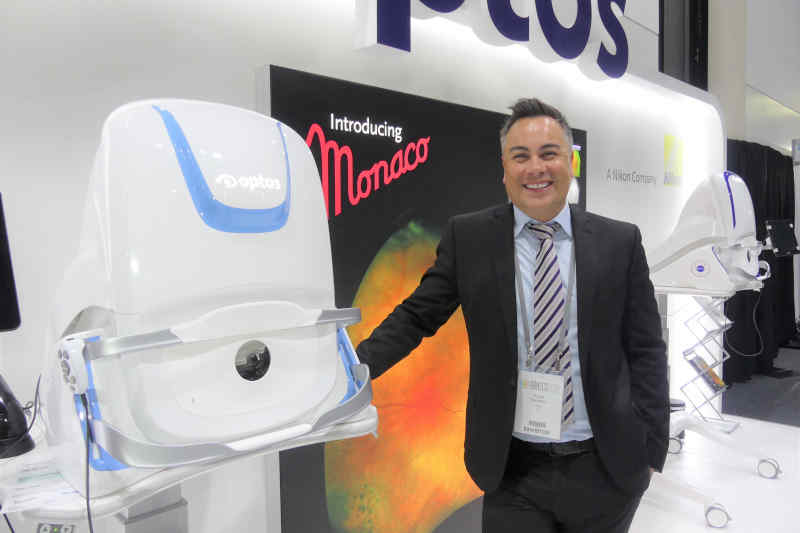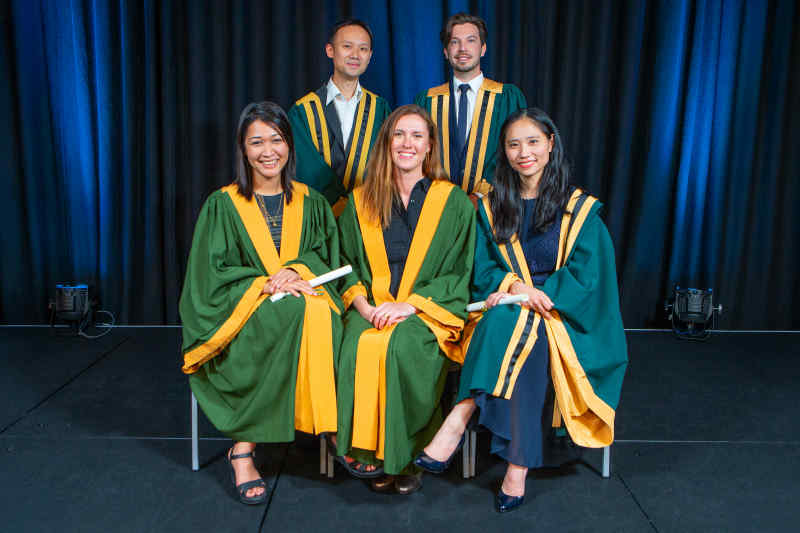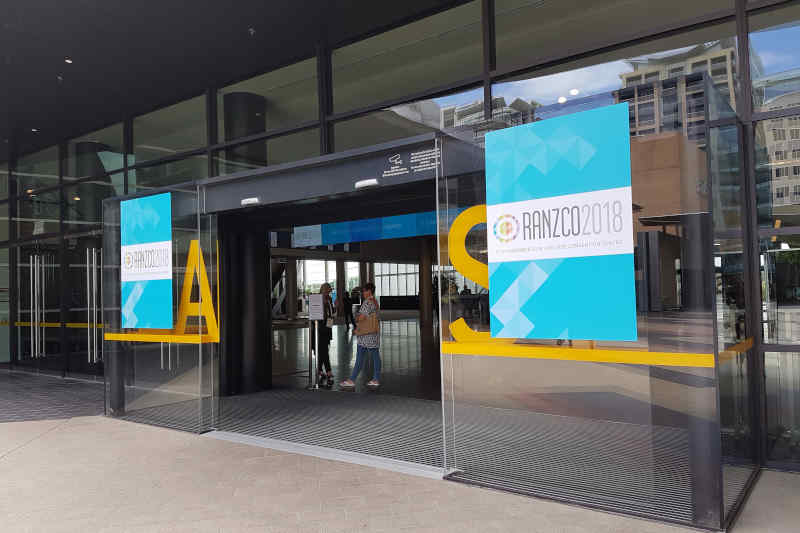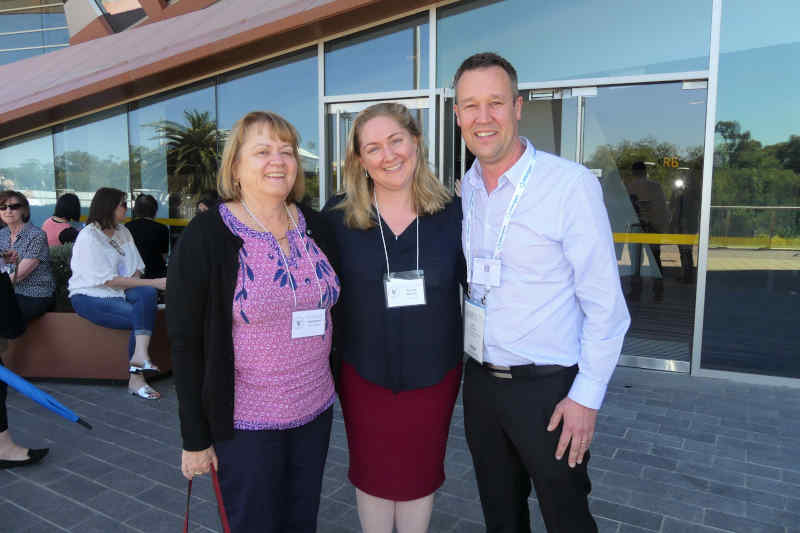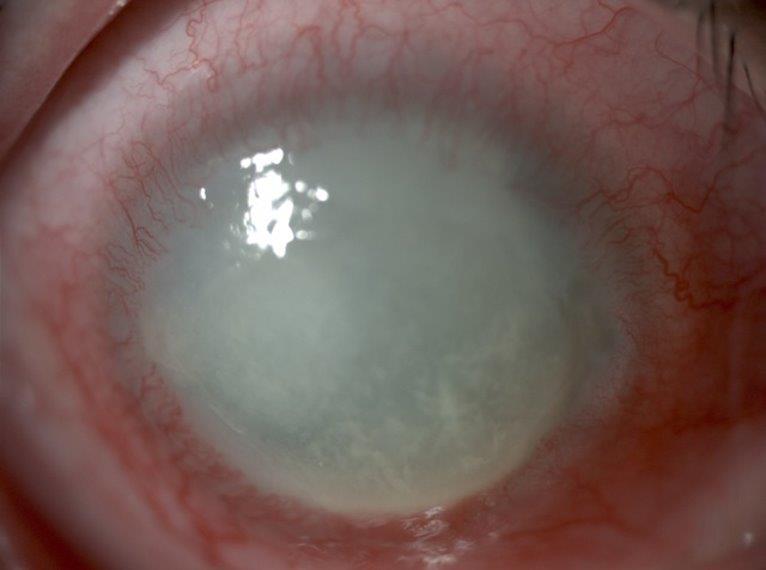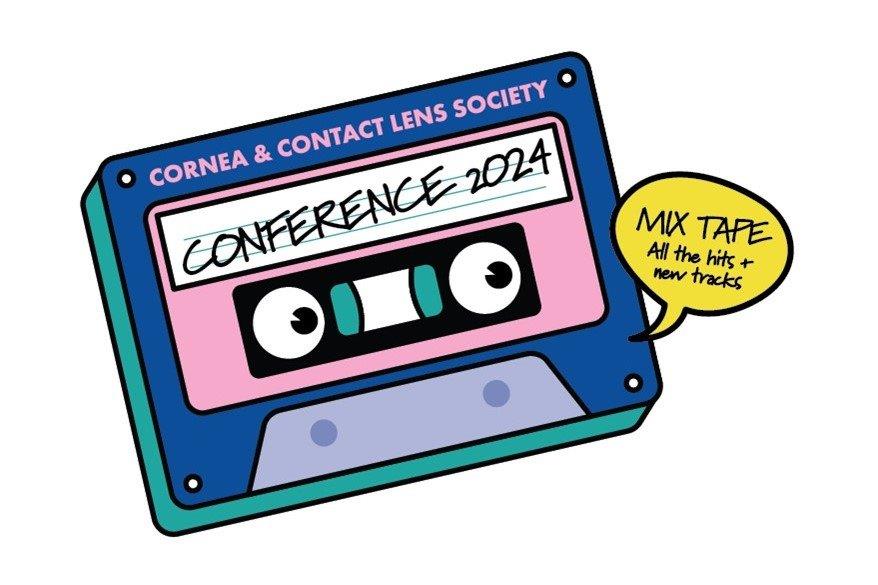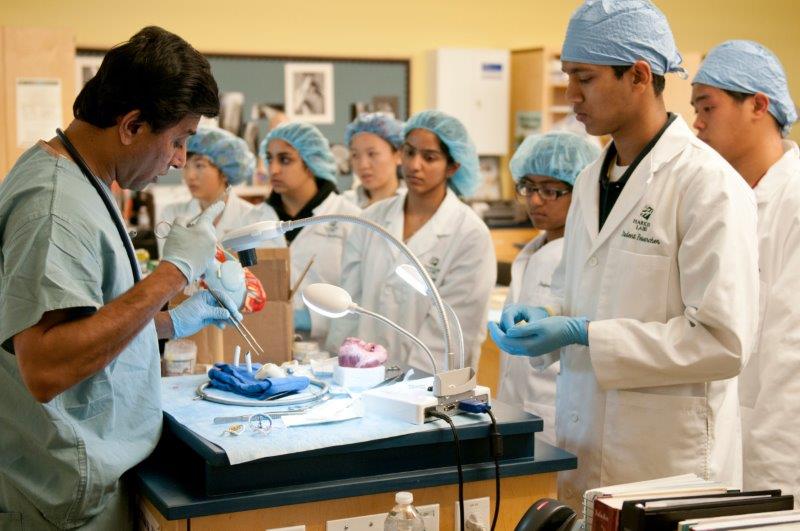New microsurgical skills course
The Universities of Sydney and Otago have delivered the inaugural Australia and New Zealand Microsurgical Skills course at the Sydney Eye Hospital. Building on a longstanding collaboration between the institutions, the course aims to teach microsurgical skills to aspiring ophthalmologists from Australia and New Zealand. Through a combination of 10 online lectures and intensive wet lab training, students learnt essential skills in:
- Wound repair on pig eyes: lamellar corneal wounds, full thickness corneoscleral wounds, ruptured globe repairs
- Oculoplastic techniques on human cadaver heads: lid wedge excision, periorbital anaesthesia, skin excisions and flap repairs, subtenons anaesthesia, peritomy, ocular muscle detachment and re-attachment, enucleation, tarsorrhaphy techniques, canthotomy and cantholysis
- Cataract surgery using artificial eyes including capsulotomy, phacoemulsification, IOL folding and implantation, draping and surgical antisepsis
Dr Graham Wilson from the University of Otago was inspired to create the ANZ course after attending the very popular microsurgical skills programme run by the Royal College of Ophthalmologists in the UK. The UK course was set up by consultant ophthalmologist Dr Nigel Cox in 1990 and is compulsory for all UK trainee ophthalmologists. Dr Cox was generous in his support of the ANZ course and came to Sydney as an invited lecturer for the two-and-a-half-day wet lab component. The 19 doctors attending the course greatly benefitted from his experience and expertise in training registrars and residents in the skills and approach to microsurgery.
In addition to Dr Wilson and Dr Cox, academics from across Australia and New Zealand contributed to the course ensuring a staff to student ratio of 1:3 at all times. Our thanks go to all the teaching staff who enthusiastically contributed to the course: from New Zealand, we welcomed Drs Logan Mitchell, Paul Baddeley and Oliver Comyn; while the University of Sydney academics included Drs Yves Kerdraon and Simon Taylor, and myself. All the academic staff who contributed to the course are clinicians as well as academics and bring a wealth of knowledge and real-world clinical experience to the programme.
The course was held in the world-class Sight for Life Foundation wet lab at the Sydney Eye Hospital, which provided several unique innovations, including access to human cadaver heads, which provided the most authentic way of practising surgical techniques. All students also trained on the Eyesi cataract surgery simulator to assess and improve their intraocular dexterity and skills. Support from industry also provided vital enhancements to the course. An educational grant from Johnson & Johnson Surgical allowed for the purchase of 10 Pharmabotics surgical skills boards, which were developed for the UK course and enable doctors to practise surgery on artificial skin and globes. This is the first time such skills boards have been used in Australasia for training. J&J also provided artificial eyes, two phaco machines and all consumables, catering for all sessions, and a textbook on cataract surgery for all trainees. Alcon Surgical provided four cataract machines with consumables, and hosted a course dinner at the Lotus Restaurant in Sydney’s CBD, while Zeiss Australia kindly provided two additional microscopes.
Feedback from the attendees was excellent with one participant commenting: “The instructors were extremely patient and helpful. Rotating between succinct lectures, breaks and practicals was helpful to keep the mind alert, and constant feedback during practical sessions was most helpful and set it apart from many other surgical courses.”
Another added: “A fantastic and affordable course. I learnt so much in a safe and friendly environment. A wonderful introduction to ophthalmic surgery.” A third concluded: “This course exceeded my expectations. I would definitely recommend it for first year registrars.”
It was most encouraging to see the progress all the trainees gained throughout the course and the skills they have learnt will certainly benefit them as well as their future patients.
Given the success of this first course and a high demand for places, The Universities of Sydney and Otago are planning to deliver the programme twice next year.
Dr Constantinos Petsoglou is deputy director of the Lions NSW Eye Bank, a cornea specialist at Sydney Eye Hospital, a senior lecturer at the University of Sydney and a visiting senior lecturer at Otago Medical School.










